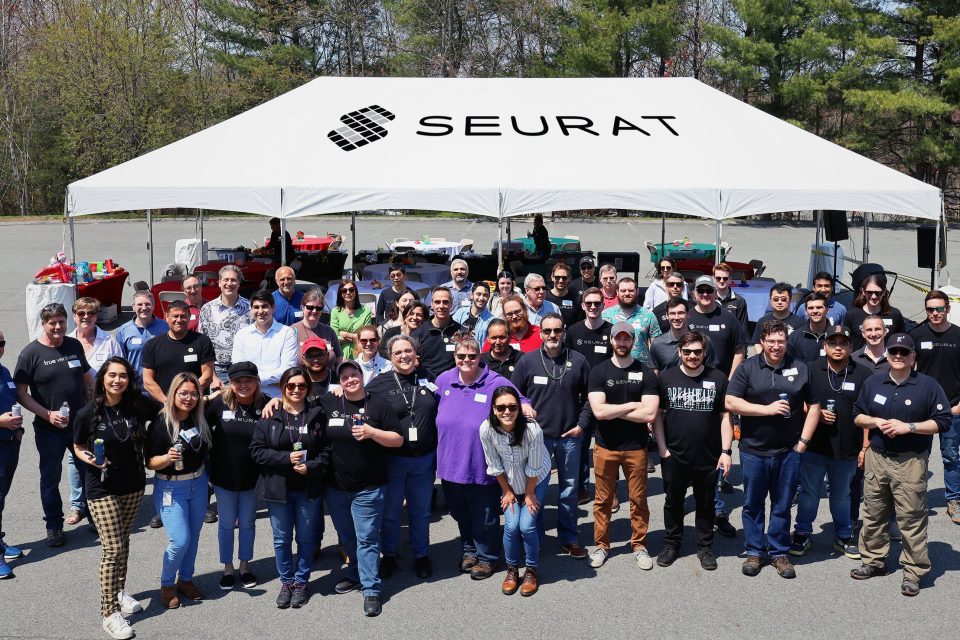3D metal-printing startup Seurat secures $99 million in Series C funding, eyes IPO

Seurat Technologies, a Boston-based 3D metal-printing startup, has secured $99 million in Series C funding to disrupt the 7,000-year-old manufacturing process. The round was co-led by Nvidia’s venture capital arm and Capricorn’s Technology Impact Fund, driving the company’s valuation to $350 million, according to a report from Reuters based on an anonymous source.
New investors including Honda Motor and Cubit Capital also joined the round, with participation from existing investors Porsche, Xerox Holdings’ venture capital units, and General Motors Co. With this funding, Seurat aims to revolutionize parts manufacturing using its eco-friendly Area Printing technology, intending to localize production nearer to customer facilities globally, ultimately reducing supply chain emissions.
In conjunction with the funding, the company is also eyeing a potential public listing. CEO James DeMuth told Reuters in an interview that going public could be a consideration within the next 12 to 36 months, adding that the proceeds from the recent funding will be used to deploy the company’s production printers.
“I expect that (going public) is in our cards … 12-18 months is the earliest we would consider that … potentially more like 24 or 36,” DeMuth told Reuters.
Founded in 2015 by James DeMuth, Seurat’s technology is based on laser powder bed fusion (LPBF), a process where metal powder is melted using a laser beam to construct objects layer by layer. What sets Seurat apart is its considerably faster LPBF printers that can work with a wider array of materials compared to traditional ones.
DeMuth’s inspiration to start Seurat traces back to his tenure at Lawrence Livermore Labs in 2009, where he was involved in a nuclear fusion energy project utilizing an immensely powerful laser capable of generating over 150 trillion watts of power.

Seurat 3D Metal-Printing Technologies
The necessity for special, unweldable alloys in extreme fusion conditions led DeMuth and his co-founder to realize the limitations of existing 3D metal printers. This realization prompted them to develop a more efficient and precise 3D printer.
“At the time, he was working on a nuclear fusion energy project, leveraging an extremely powerful laser capable of delivering over 150 trillion watts of power. To withstand the intense fatigue and temperatures of the fusion environment, we found that we needed special alloys that could not be welded but could be 3D printed,” the company said on its website.
In addition to the funding, Seurat announced having letters of intent from six clients amounting to 4,000 tons of material, projecting revenues of up to $750 million over several years.
Recent global efforts by companies in diverse industries to diversify supply chains, aiming to reduce reliance on China amidst escalating U.S.-Sino trade tensions, have drawn attention. According to Lutz Meschke, a board member at Porsche Automobil Holding, Seurat’s local factory deployment model serves as a solution for near-shore manufacturing, enhancing supply chain resilience.
Seurat has secured commitments to supply 59 tons of metal components for Siemens Energy’s turbines over a six-year period. The startup also announced plans to exceed the capacity of its pilot factory in Massachusetts, as it has received letters of intent from various global manufacturers.

